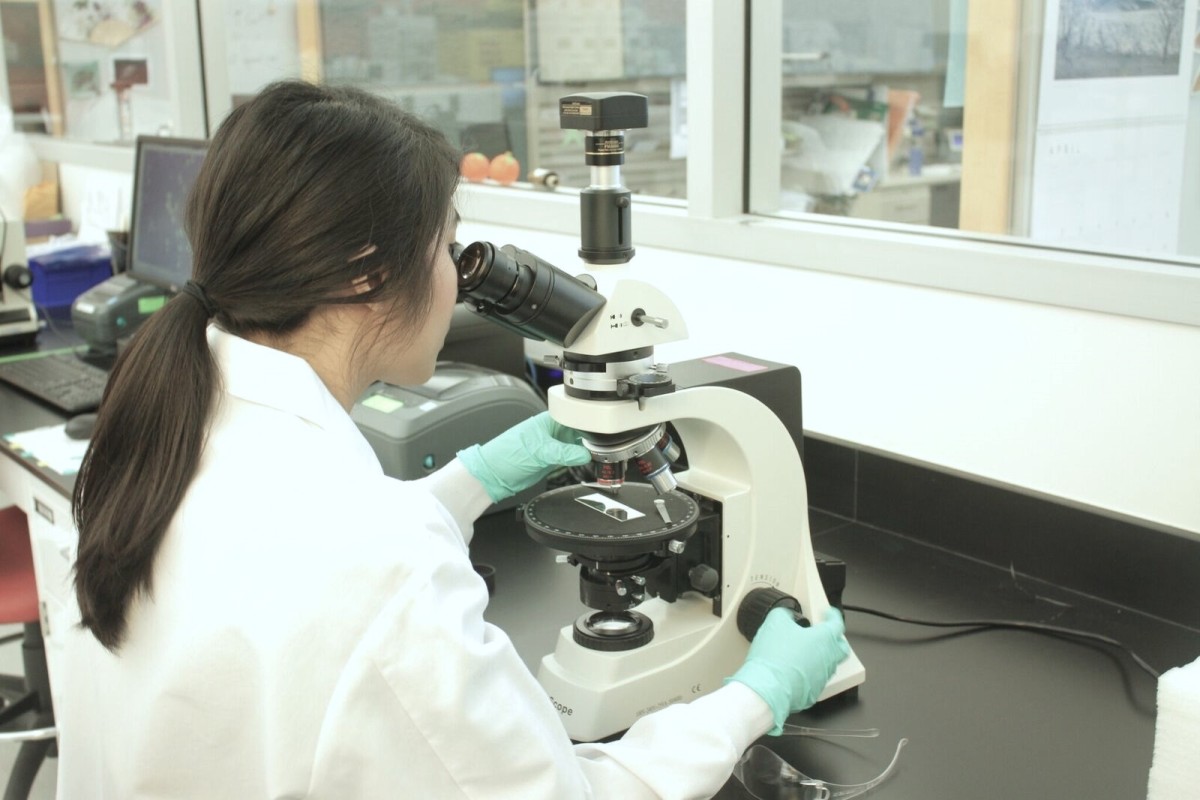Dermatology, a medical specialty focused on the diagnosis and treatment of skin conditions, boasts a diverse range of drug products tailored to address myriad skin concerns. These dermatological drug products are vital in providing relief, recovery, and rejuvenation to patients across the globe. From creams and ointments to advanced therapeutic solutions, the world of skin therapeutics is as varied as it is impactful. Let’s dive deeper into the world of dermatological drug products, their significance, and the advancements that are shaping this industry.
The Essence of Dermatological Drug Products
When we think of dermatological products, the first things that come to mind are probably over-the-counter creams or lotions. However, the scope is vast. Dermatological drug products include a spectrum of formulations such as gels, creams, lotions, ointments, and more advanced solutions tailored for specific skin conditions ranging from acne and psoriasis to rare skin disorders.
Advancements and Innovations
Personalized Therapeutics: With advancements in genomics and personalized medicine, dermatological treatments are becoming more tailored. By understanding a patient’s genetic makeup, treatments can be more accurately targeted for efficacy.
Biologics in Dermatology: Biologics, which are drugs derived from living cells, are playing an increasing role in treating severe skin conditions. These treatments target specific parts of the immune system and have been revolutionary, especially in conditions like psoriasis.
Nanotechnology: The incorporation of nanotechnology in dermatological drug products allows for the delivery of active ingredients directly to targeted cells, increasing efficacy and reducing potential side effects.
Why Dermatological Drug Products Matter
- Quality of Life: Skin conditions can significantly impact an individual’s quality of life. Effective treatments not only alleviate physical symptoms but also address psychological and emotional challenges like reduced self-esteem or social anxiety.
- Evolving Needs: As our global population ages, there’s an increased need for treatments addressing age-related skin conditions.
- Barrier Protection: The skin is the body’s primary barrier against external pathogens. Ensuring its health is paramount to overall well-being.
Challenges in Dermatological Drug Development
Unique Skin Challenges: Each skin condition presents its own set of challenges. For instance, treating conditions like eczema requires not only addressing the flare-ups but also understanding and treating the underlying inflammation.
Regulatory Hurdles: Like all pharmaceuticals, dermatological products must undergo rigorous testing and clinical trials. Ensuring safety and efficacy is paramount, and navigating regulatory pathways can be complex.
Patient Adherence: Ensuring patients follow treatment regimens, especially when symptoms subside, can be challenging. This is where the development of user-friendly, appealing products becomes crucial.
The Path Ahead
With technology advancing at a rapid pace, the future of dermatological drug products looks promising. The convergence of biotechnology, genomics, and traditional pharmaceuticals promises a new era of skin therapeutics that are more effective, more personalized, and more holistic.
In conclusion, dermatological drug products stand at the intersection of science, technology, and patient care. As we continue to understand the complexities of the skin and its conditions, the industry remains committed to innovating, refining, and delivering solutions that address both the physical and emotional aspects of skin health.
Looking to delve deeper into topical drug development or dermatological solutions? Reach out to the experts at Dow Development Laboratories for insights, expertise, and collaboration.

